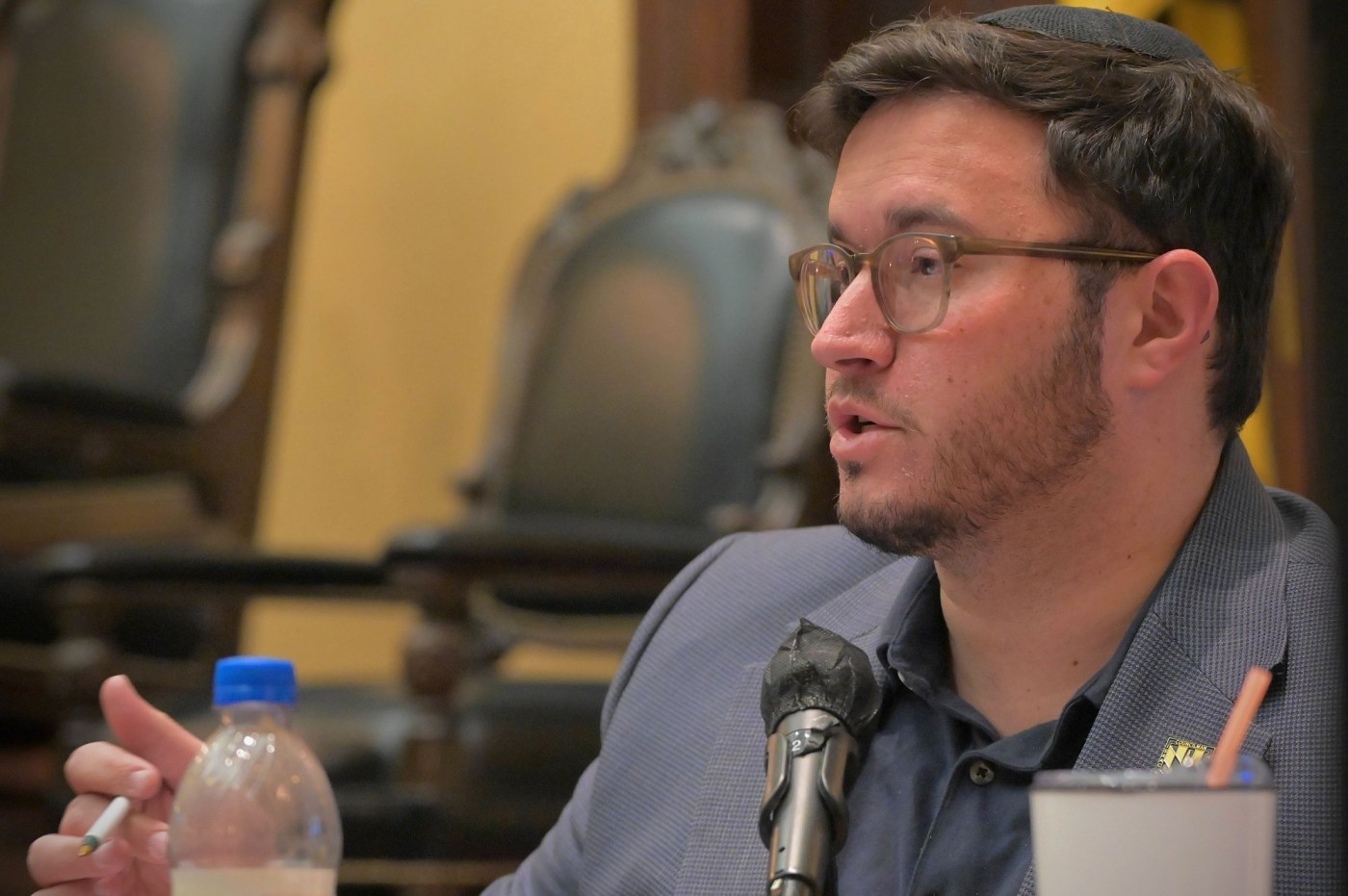UPDATE: A groundbreaking new study has just been released, revealing a critical shortage of Black, Indigenous, and People of Color (BIPOC) in the psychology profession in Canada. This urgent call for inclusion highlights systemic barriers that prevent diverse representation, creating significant challenges for individuals seeking culturally competent mental health care.
Every day, countless individuals from racialized communities struggle to find psychologists who understand their lived experiences. For example, one Ottawa resident shared her arduous journey to find a Black psychologist, ultimately settling for a White therapist located hours away in Toronto. This experience is not unique; it reflects a systemic failure in the mental health system that perpetuates inequity and exacerbates mental health crises.
The new paper, titled “Opening the Gate: A Call for Inclusion and Representation of Peoples of Colour in Canadian Professional Psychology,” outlines critical shortcomings within the profession. The research highlights that out of 481 full-time faculty members in psychology departments, only two are Indigenous and seven are Black. Alarmingly, more than half of these departments lack any Black faculty members at all.
The study reveals that seemingly neutral policies in the profession, when lacking effective diversity metrics, can uphold existing disparities. For years, the Canadian Psychological Association (CPA) has resisted systematically collecting race-based demographic data, a fundamental barrier to addressing these inequities. Without measuring the problem, critical disparities remain “invisible by design,” according to the researchers.
“Finding a therapist who understands a client’s cultural background is crucial for effective care,” said Dr. Faber, the senior author of the study and a licensed clinical psychologist at the University of Ottawa. The paper not only identifies the problems but also proposes actionable solutions. To foster genuine change, the CPA must amend its by-laws to create designated voting board seats for representatives from the Black, Asian, and Indigenous Peoples’ psychology sections.
This urgent shift in governance is necessary, as the current CPA Board is composed of over 87.1% White members on average over the past 13 years. The lack of diversity in leadership directly correlates to public trust and the overall quality of mental health care available to communities.
The health of our communities hinges on a psychology profession that is not only accessible and representative but also committed to dismantling long-standing barriers. The new paper emphasizes that the time for change is now, urging the CPA to implement concrete accountability measures alongside its recent updates to accreditation standards.
As the conversation around mental health continues to evolve, the importance of representation cannot be overstated. The need for psychologists who reflect the diversity of Canadian society is critical to ensuring effective, ethical care for all. The findings of this study are a resounding call to action, demanding that the psychological community confront these issues head-on.
Next steps: Stakeholders and policymakers must prioritize the implementation of the proposed reforms to ensure that individuals seeking mental health support can find professionals who truly understand their experiences. The momentum for change is building, and it is essential to act swiftly to create a more inclusive and equitable mental health landscape for everyone.







